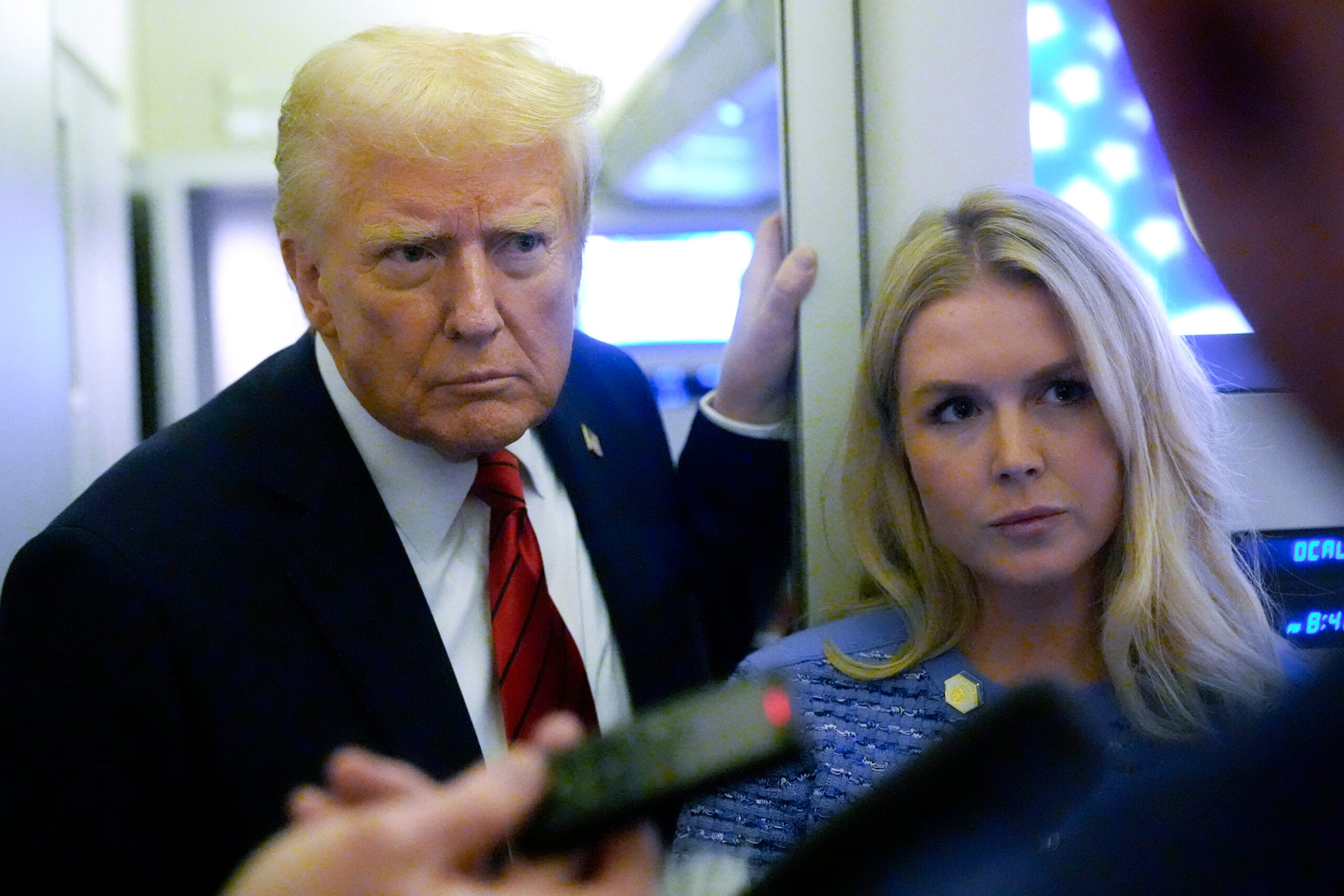
In a significant diplomatic move, the United States has expelled South Africa’s ambassador, Ebrahim Rasool, citing his alleged negative stance toward President Donald Trump and accusations of racial incitement. This development marks a further deterioration in U.S.-South Africa relations, already strained over policy disagreements and international alignments.
Background of Diplomatic Tensions
Relations between the U.S. and South Africa have been increasingly tense due to several contentious issues:
- Aid Reduction: The Trump administration recently cut financial aid to South Africa, expressing disapproval over the country’s land policy reforms and its support for a genocide case against Israel.
- Land Policy Disputes: President Trump has been vocal about South Africa’s land expropriation policies, alleging discrimination against white farmers, a claim that has fueled further discord. \
- Geopolitical Alignments: South Africa’s perceived alliances with nations like Russia and Iran have raised concerns within the U.S. administration, leading to a reevaluation of bilateral relations.
Details of the Expulsion
Secretary of State Marco Rubio announced the decision to declare Ambassador Rasool “persona non grata,” effectively expelling him from the U.S. Rubio cited Rasool’s alleged “race-baiting” and anti-Trump sentiments as primary reasons for this action. The ambassador has been given until March 21 to depart the country.
South Africa’s Response
The South African government expressed regret over the U.S. decision but reaffirmed its commitment to maintaining beneficial relations between the two countries. Officials emphasized the importance of diplomacy and dialogue in resolving such disputes.
Implications for U.S.-South Africa Relations
This expulsion adds to a series of events that have strained the bilateral relationship:
- Ambassadorial Resignations: The U.S. Ambassador to South Africa, Reuben Brigety, resigned following President Trump’s re-election, signaling potential shifts in diplomatic approaches.
- Public Demonstrations: In South Africa, thousands of white citizens have demonstrated in support of President Trump’s policies, particularly regarding asylum offers for Afrikaner farmers.
- Policy Reevaluations: The U.S. is reassessing its foreign policy toward South Africa, considering the nation’s domestic policies and international alliances.
Conclusion
The expulsion of Ambassador Ebrahim Rasool underscores the escalating diplomatic tensions between the United States and South Africa. As both nations navigate these challenges, the future of their relationship will likely depend on addressing underlying policy disagreements and fostering mutual understanding.






